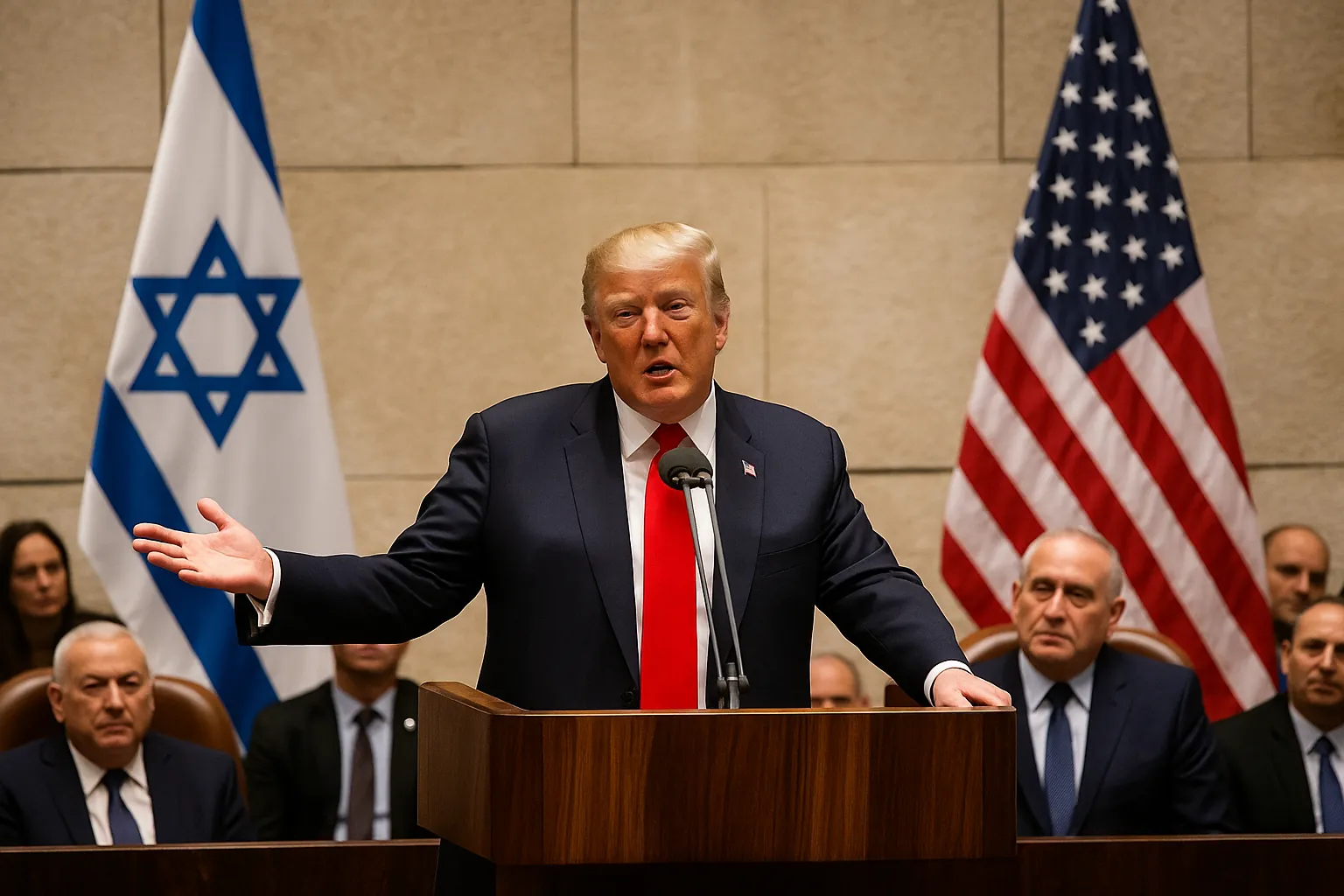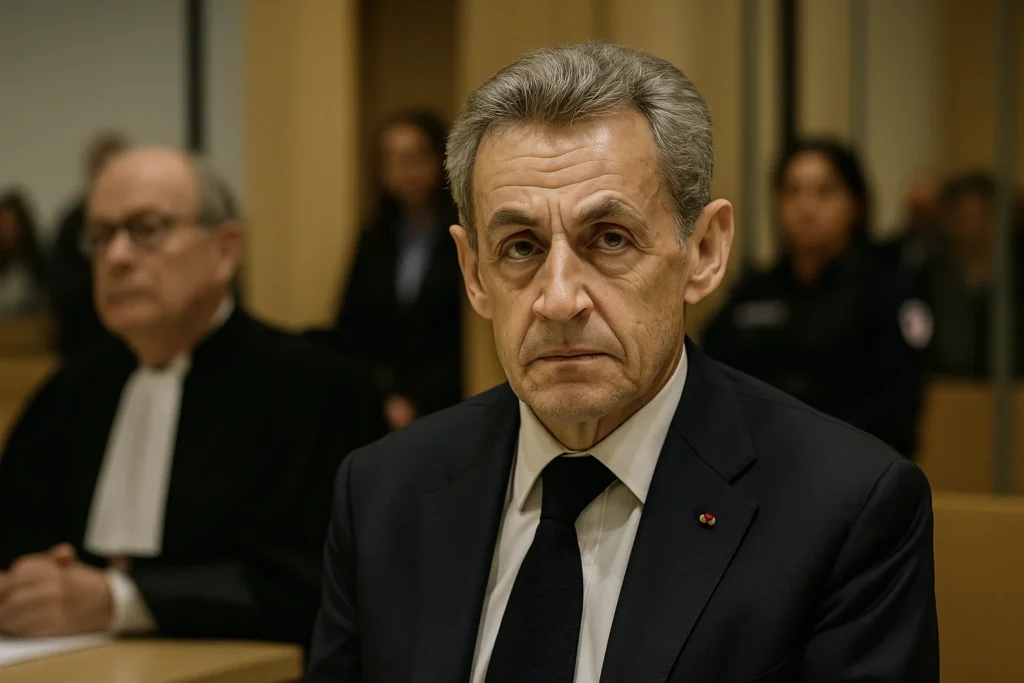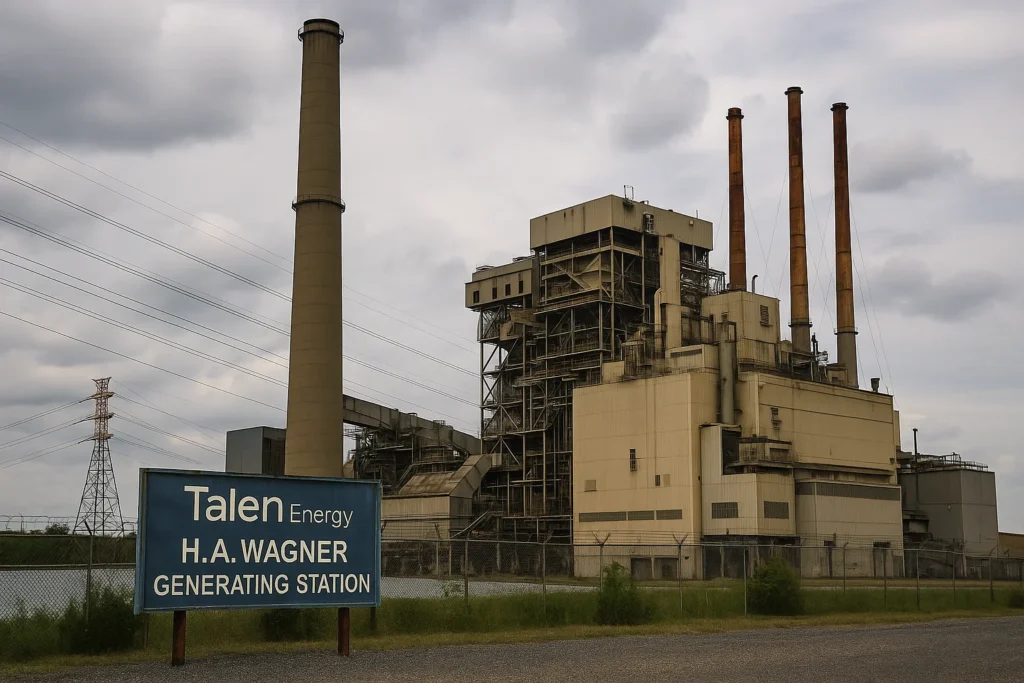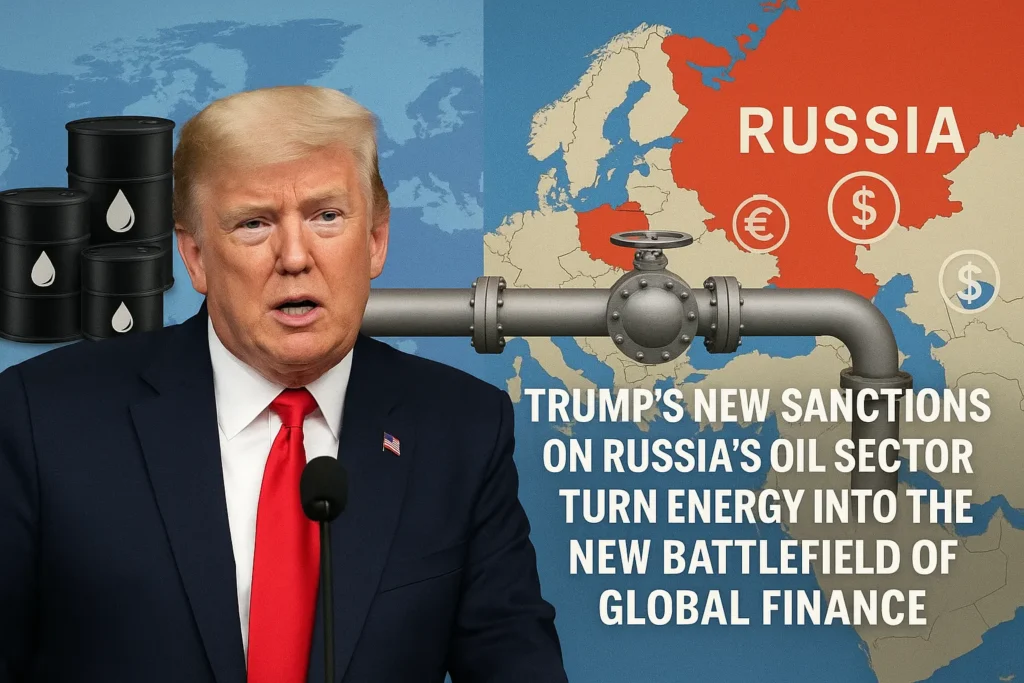When President Trump addressed the Israeli Parliament, it wasn’t just a symbolic visit — it was a declaration of power. Standing before the Knesset, he pronounced the Gaza war officially over, hailing the U.S.-brokered ceasefire as “a triumph of strength and faith.” The applause was thunderous. The message, unmistakable: Trump believes peace in the Middle East now runs through him.
Context: A Ceasefire Built on Fragile Foundations
The Gaza war had dragged on for nearly two years, tearing apart what remained of regional diplomacy. Thousands were displaced, infrastructure lay in ruins, and faith in political solutions had evaporated. Trump’s re-entry into Middle Eastern politics — after his controversial first term — came with the promise of something new: “peace through dominance.”
The ceasefire, coordinated between Israel, Egypt, Qatar, and the U.S., has led to the release of hostages and a partial lifting of blockades. Israeli lawmakers greeted it as a historic reset. Yet behind the choreography, diplomats whisper that the deal may be far more precarious than Trump’s televised rhetoric suggests.
Oppositional Argument: The Performance of Peace
Let’s not pretend this was pure diplomacy. Trump’s address was political theater. His declaration that “the war is over” may soothe international headlines, but it risks obscuring the deeper fractures left behind. Gaza’s reconstruction hasn’t even begun. Hamas’s leadership remains divided. Aid convoys are still stuck at border crossings.
By transforming a ceasefire into a self-congratulatory performance, Trump reframes a humanitarian necessity as a personal victory. And Israel, hungry for stability, plays along — at least for now. The speech, to many observers, felt more like a campaign rally than a statesman’s moment.
The Knesset cheered. But outside, protests simmered in Tel Aviv and Ramallah alike. Peace, once again, is a spectacle.
Analytical Breakdown: The Real Cost of “Ending” a War
The numbers tell a colder story. Over 20,000 Palestinian civilians are dead. Entire neighborhoods in Gaza remain uninhabitable. Israeli towns near the border are ghost zones patrolled by drones and despair. Trump’s “end of war” pronouncement doesn’t erase the math — it just hides it behind triumphalist phrasing.
Economically, the ceasefire has already reshuffled alliances. Gulf states, weary of the conflict’s drag on trade routes, quietly welcome a reset — yet remain wary of Trump’s unpredictability. Meanwhile, Iran watches closely, its proxies still armed and ideologically intact.
The optics are clean, but geopolitics rarely is. Trump’s promise of “swift normalization across the Middle East” depends on money, reconstruction contracts, and regional trust — none of which exist yet.
The deal, insiders note, was drafted in haste. According to a leaked briefing reviewed by Haaretz, senior Israeli defense officials warned Washington that Hamas still retains control of several key tunnels and intelligence networks. “Ceasefire doesn’t mean surrender,” one diplomat admitted privately. “It means pause.”
Human Perspective: Between Hope and Fatigue
In southern Israel, families of former hostages describe cautious gratitude. For them, Trump’s intervention feels tangible — their loved ones are home. In Gaza, parents dig through the rubble of schools and homes, wondering whether “peace” will ever mean electricity, clean water, or safety.
A nurse in Khan Younis told Reuters she no longer believes in speeches: “They say the war is over, but I still hear drones.” Her words cut through the noise of political ceremonies.
Ordinary Israelis and Palestinians share a strange, exhausted unity: the sense that politicians speak of peace while preparing for the next war.
Counterarguments
Trump loyalists argue this moment mirrors the Abraham Accords — that pragmatic diplomacy can coexist with moral ambiguity. They credit him with breaking decades of paralysis. “He delivers what others only promise,” a Likud member said.
But critics counter that this is transactional politics dressed as humanitarianism. Declaring peace before rebuilding begins is not leadership; it’s branding.
Even within the U.S., analysts split sharply. Some see a bold strategic move; others, an impulsive gamble that ignores regional trauma for personal glory.
Conclusion: The End of War or the Start of a New Era?
Trump’s Knesset speech will echo for years. To his supporters, it’s statesmanship reborn. To skeptics, it’s yet another chapter in the saga of American self-mythology — exporting peace on its own terms, timing, and credit.
Whether Gaza’s suffering truly ends will not be decided in Jerusalem’s ornate chamber, but in the streets of Rafah and the corridors of aid offices that still await funding.
In the Middle East, wars rarely end with applause. They end in silence — when the promises fade and the rebuilding finally begins.
External Links
51 views






